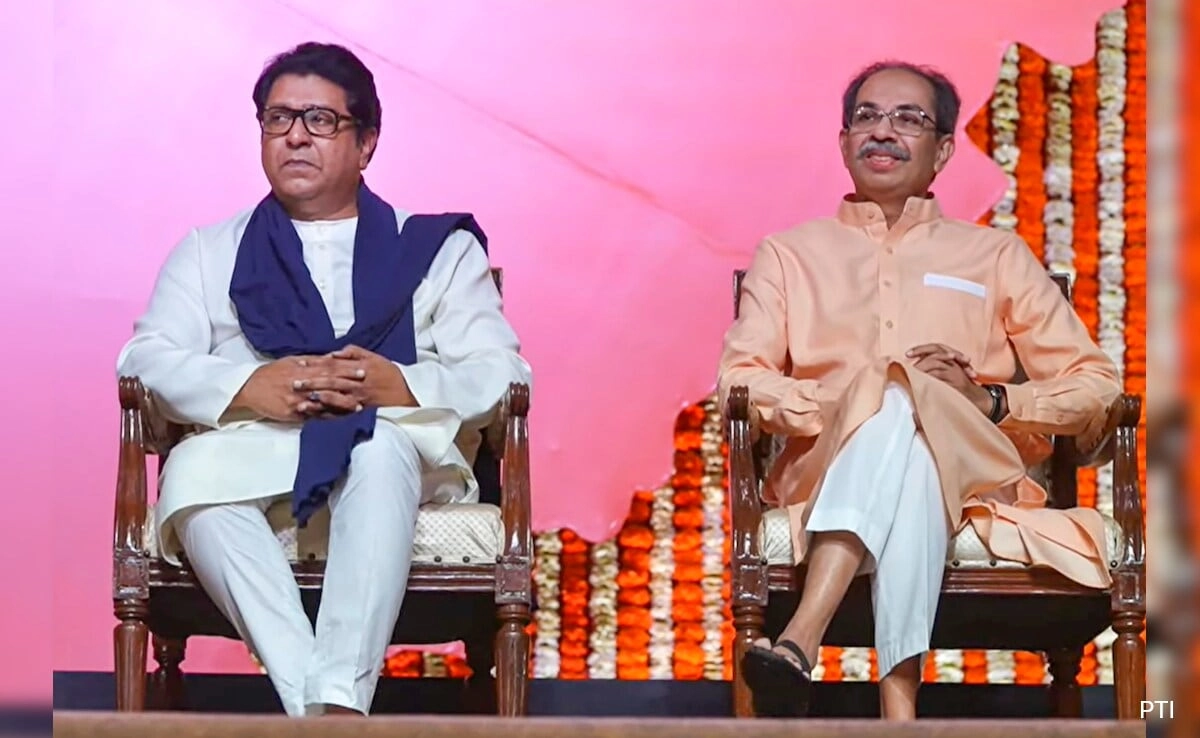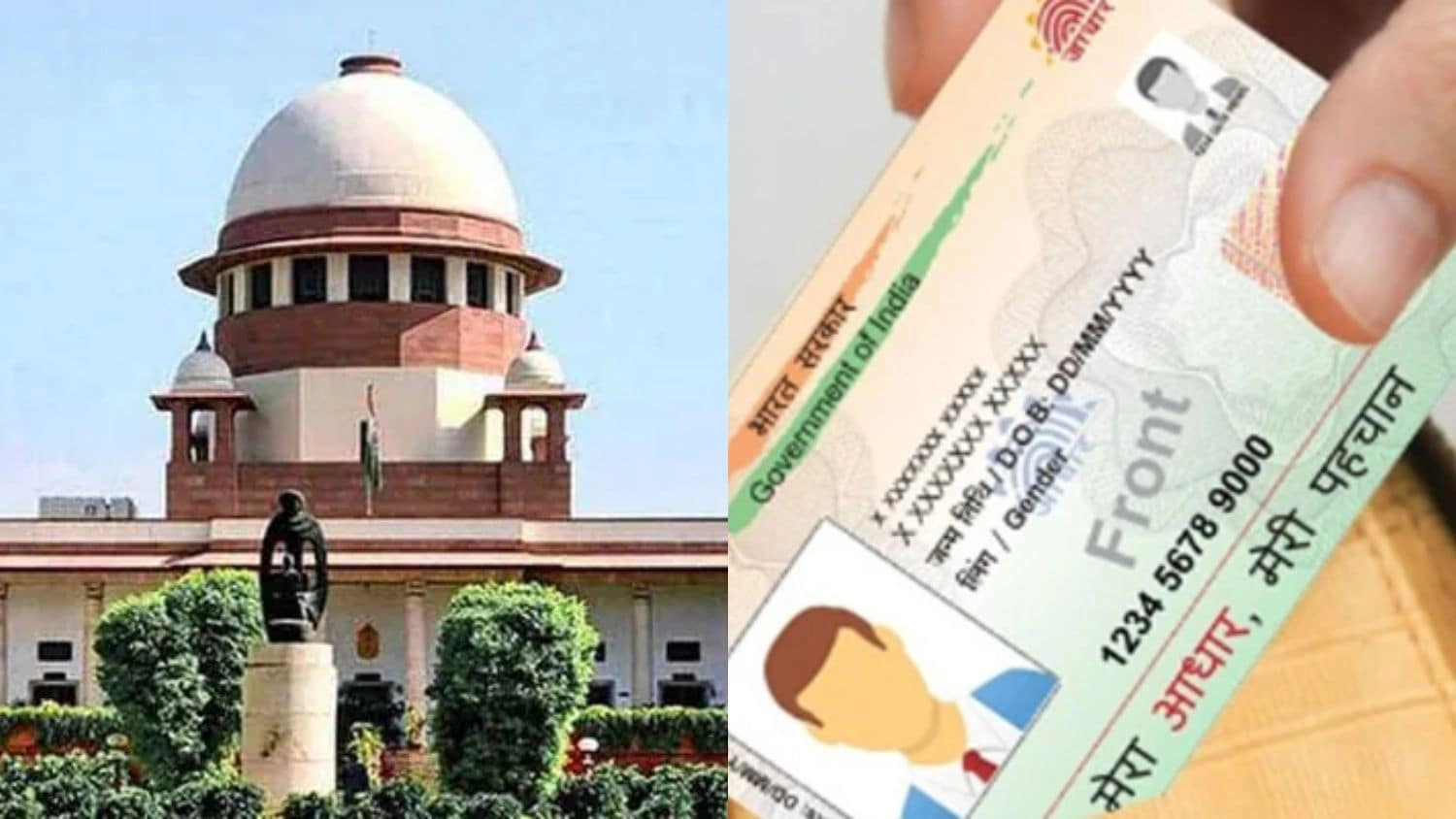Uddhav Thackeray, the leader of the Shiv Sena party, has recently issued a bold challenge to the Bharatiya Janata Party (BJP), urging them to impose Hindi in states like Bengal and Tamil Nadu. This statement is significant not only for its political implications but also for the cultural sensitivities that surround language in India. The imposition of a language often stirs deep-seated sentiments among the people of different states, who take immense pride in their linguistic heritage. Thackeray’s dare to the BJP seems to highlight the ongoing debate about the dominance of Hindi in a country that is home to a multitude of languages and dialects.
Thackeray’s comments resonate with a larger concern among regional parties regarding the central government’s language policy. In states like Bengal and Tamil Nadu, where Bengali and Tamil are deeply entrenched in the local culture, any attempt to impose Hindi could be met with significant resistance. This is particularly poignant considering the historical context of language movements in these regions, where the local populace has consistently fought to preserve their linguistic identity against perceived encroachments. Thackeray’s challenge could be seen as a rallying cry for regional pride and autonomy in the face of centralized governance.
Moreover, this situation underscores the broader political dynamics in India, where language is often intertwined with identity and political power. The BJP, known for its strong nationalistic rhetoric, may find that imposing Hindi could alienate voters in these linguistically proud states. Thackeray’s remarks could serve as a unifying call for various regional parties to come together against what they perceive as a threat to their cultural and linguistic rights. As political tensions rise, the implications of language imposition could reverberate through upcoming elections, shaping alliances and voter sentiments.
Ultimately, Thackeray’s dare to the BJP regarding the imposition of Hindi in Bengal and Tamil Nadu is not merely a political statement; it reflects the complex tapestry of languages and identities in India. The response from the BJP and other political factions will be crucial in determining whether this challenge ignites further debate on linguistic rights or whether it will be brushed aside as a political ploy. As the discourse continues, it is clear that language remains a powerful tool in shaping political narratives and influencing the sociocultural landscape of the nation.




